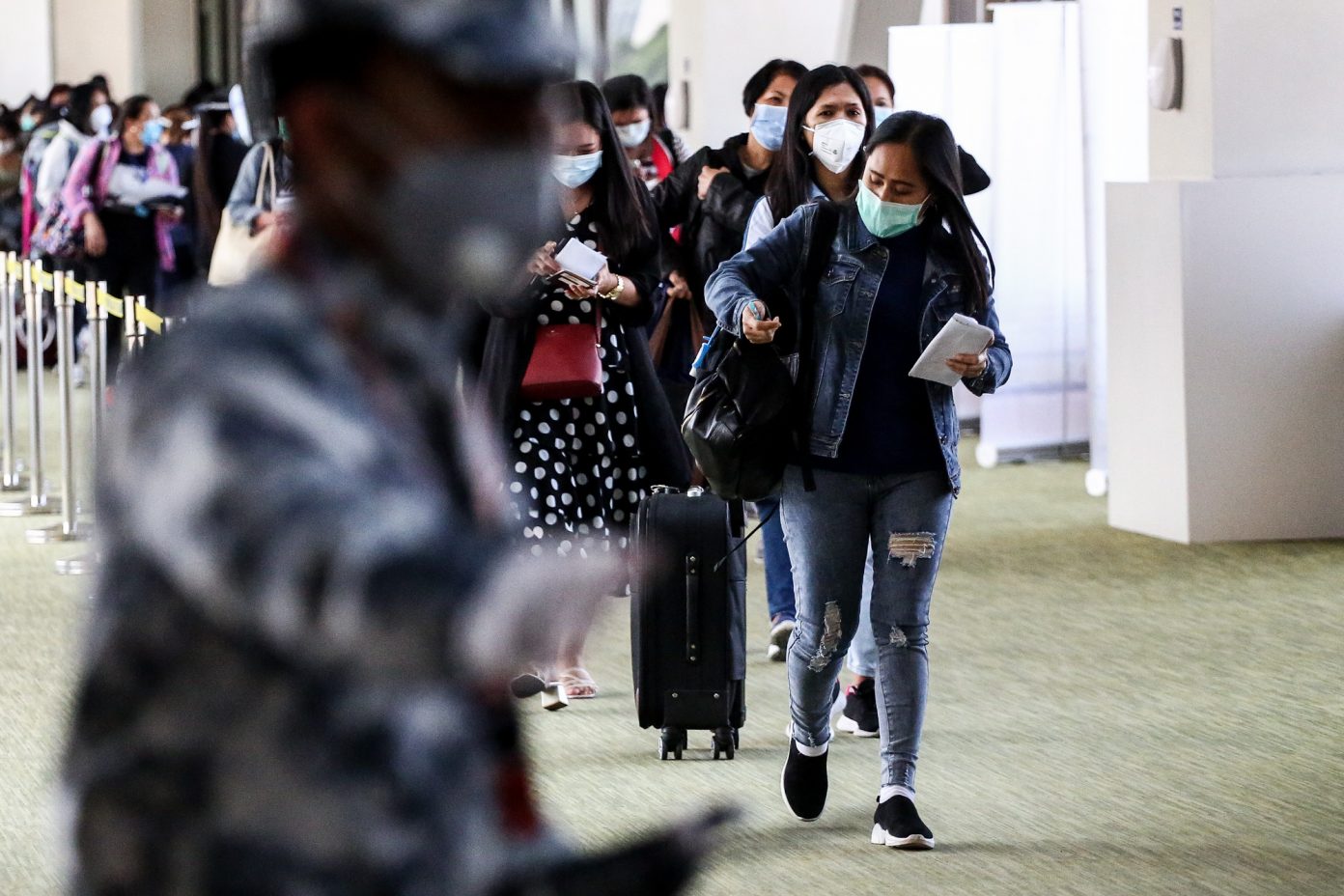The head of the Episcopal Commission on Migrants and Itinerant People of the Philippine bishops’ conference welcomed the government’s decision to lift the ban on the deployment of workers to the Kingdom of Saudi Arabia.
“That is a very inspiring news, a great help and immense relief to our [overseas Filipino workers],” said Bishop Ruperto Santos, vice chairperson of the commission.
“Let us be thankful for the valuable assistance and goodness of our [Department of Migrant Workers] officials,” said the prelate, adding that the new office “make(s) things possible.”
Bishop Santos said in an interview with Radio Veritas 846 that the redeployment of Filipino migrant workers to Saudi Arabia shows mutual trust of both countries.
“Let this be our encouragement to work harder,” he said.
“With so much devotion and honesty, we pray and offer our Holy Masses for the safety, sound health and successes of our OFWs and their employers,” said the bishop.
Manila stopped the sending of household workers to Saudi Arabia — a popular destination for Filipinos working abroad — in November after reports emerged of abuse and unpaid wages.
Deployment will resume on November 7, a decision that comes after talks between the Philippines’ migrant workers department and Saudi’s human resource ministry.
The agencies vowed to “work closely together to facilitate the decent and productive employment” of Filipino workers and ensure “protection of their rights,” a joint statement issued late Tuesday said.
Among other things, workers will be allowed to quit before the end of their contracts if their employer is abusive, and insurance coverage will be provided for unpaid wages.
“Any acts of violence, any acts of immorality, those are grounds for pre-termination,” Philippine migrant workers secretary Susan Ople said in a briefing.
The Saudi government did not respond to a request for comment.
More than 700,000 Filipinos are employed in the kingdom, mostly as maids, according to the latest official data.
Millions of Filipinos work abroad due to low wages or lack of jobs in their own country of 110 million people.
The money they send back to their families helps prop up the economy. – with a report from AFP







